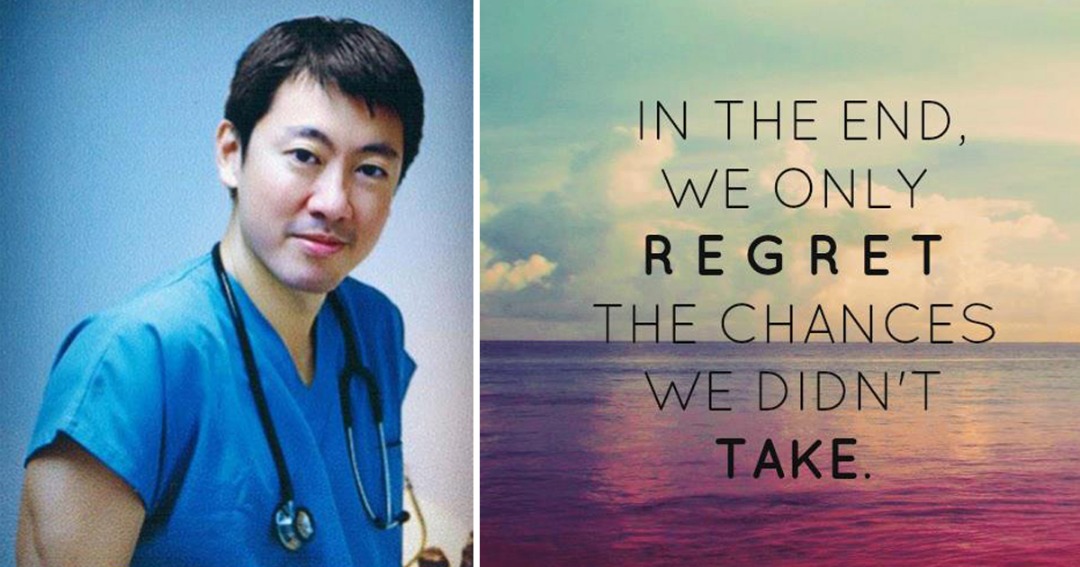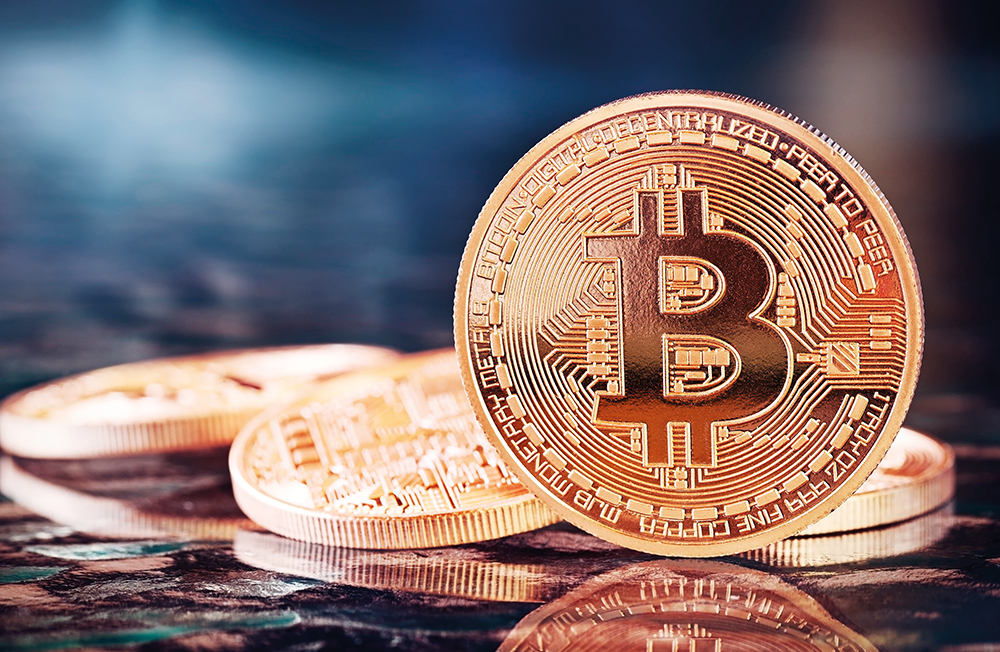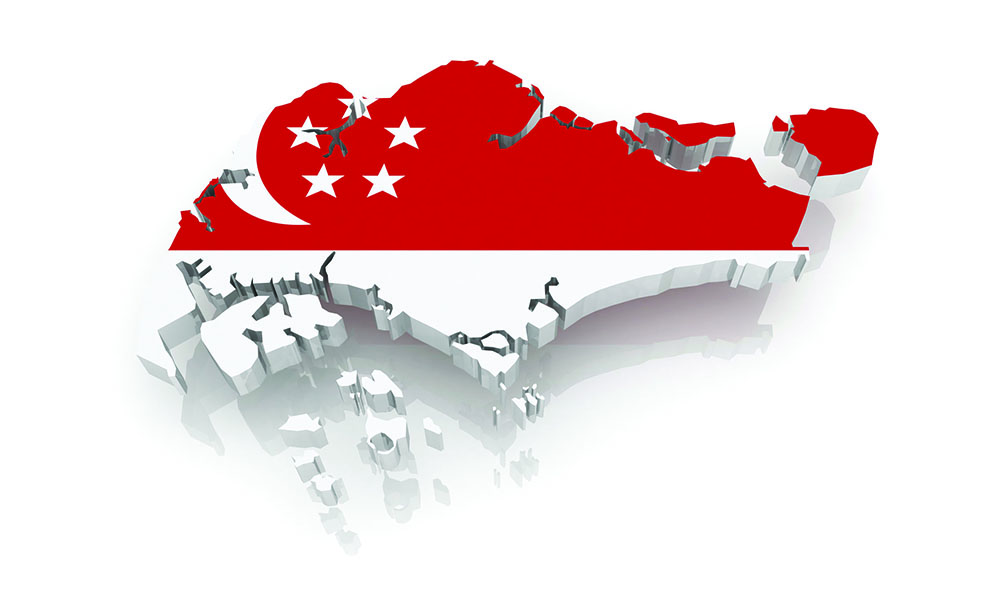What is the meaning of true happiness? Many of us equate happiness to wealth and success. That was what Singaporean doctor Richard Teo thought too, until he was diagnosed with cancer.
Dr. Teo came from a below-average family. Since young, he was taught that happiness comes from success and success is about being wealthy. With such a mindset, he went to medical school and eventually became a doctor.
Dr. Teo initially began training as an eye specialist, but he quit halfway through as he realised it didn’t generate enough wealth for him. He then turned to the lucrative industry of aesthetic medicine.
Dr. Teo said, “People who are not happy to pay $20 to see a GP (general practitioner) – the same person will have no qualms paying $10,000 for a liposuction [or] $15,000 for a breast augmentation.” So instead of healing the sick and ill, he decided to become an aesthetic physician and opened his own private aesthetic clinic.
Dr. Teo earned millions of dollars through his business and he had everything he wanted, including luxury cars and landed property on which he planned to build his own bungalow. He rubbed shoulders with the rich, famous and beautiful, including Miss Universes and the co-founder of Facebook.
By that time, he was at the height of his career. During Chinese New Year, he would drive his flashy car to show off to his relatives and friends. He thought that this was real joy. Later, he said it was just an action to satisfy his own pride and ego.
In March 2011, Dr. Richard started to develop a backache. He went to the hospital for a checkup and was given the devastating news – he had terminal lung cancer and it had already spread to the brain, spine, liver and the adrenals.
He said, “I was at the pinnacle of my career. I thought I was having everything under control. Well, I was wrong. I didn’t have everything under control.”
“See, the irony is that all these things that I have, the success, the trophies, my cars, my house and all – I thought that brought me happiness. Having all these thoughts of my possessions – they brought me no joy at all.”
He further said what really brought him joy in his final 10 months was his interactions with his loved ones, friends and people who genuinely cared about him. These people, and not his possessions, brought meaning to his life.
Doctors must have compassion and empathy for others, but Dr. Teo said he did not truly learn this lesson until his cancer diagnosis. He shared that, as a house officer, he would witness death in the cancer department every single day. Despite seeing how his patients suffered, he did not know how they really felt. He just wanted to get his job done and go home.
Now, as a patient himself, he said, “If you ask me, would I have been a very different doctor if I were to re-live my life now, I can tell you, yes I will. Because I truly understand how the patients feel now. And sometimes, you have to learn it the hard way.”
Nevertheless, he concluded that there is nothing wrong with being successful or wealthy. “The only trouble is that a lot of us like myself couldn’t handle it. I became so obsessed that nothing else really mattered to me”, he added.
“When I faced death, when I had to, I stripped myself of all stuff totally and I focused only on what is essential. The irony is that a lot of times, only when we learn how to die, then we learn how to live.”
Dr. Teo was 40 years old when he passed away in October 2012. Despite a lifetime of riches and success, Dr. Teo realised they ultimately did not bring him fulfilment. While he learnt his lesson the hard way, more importantly he found himself in his final months. He shared his life experience before he passed away in the hope that others would not walk the same path as him.
















